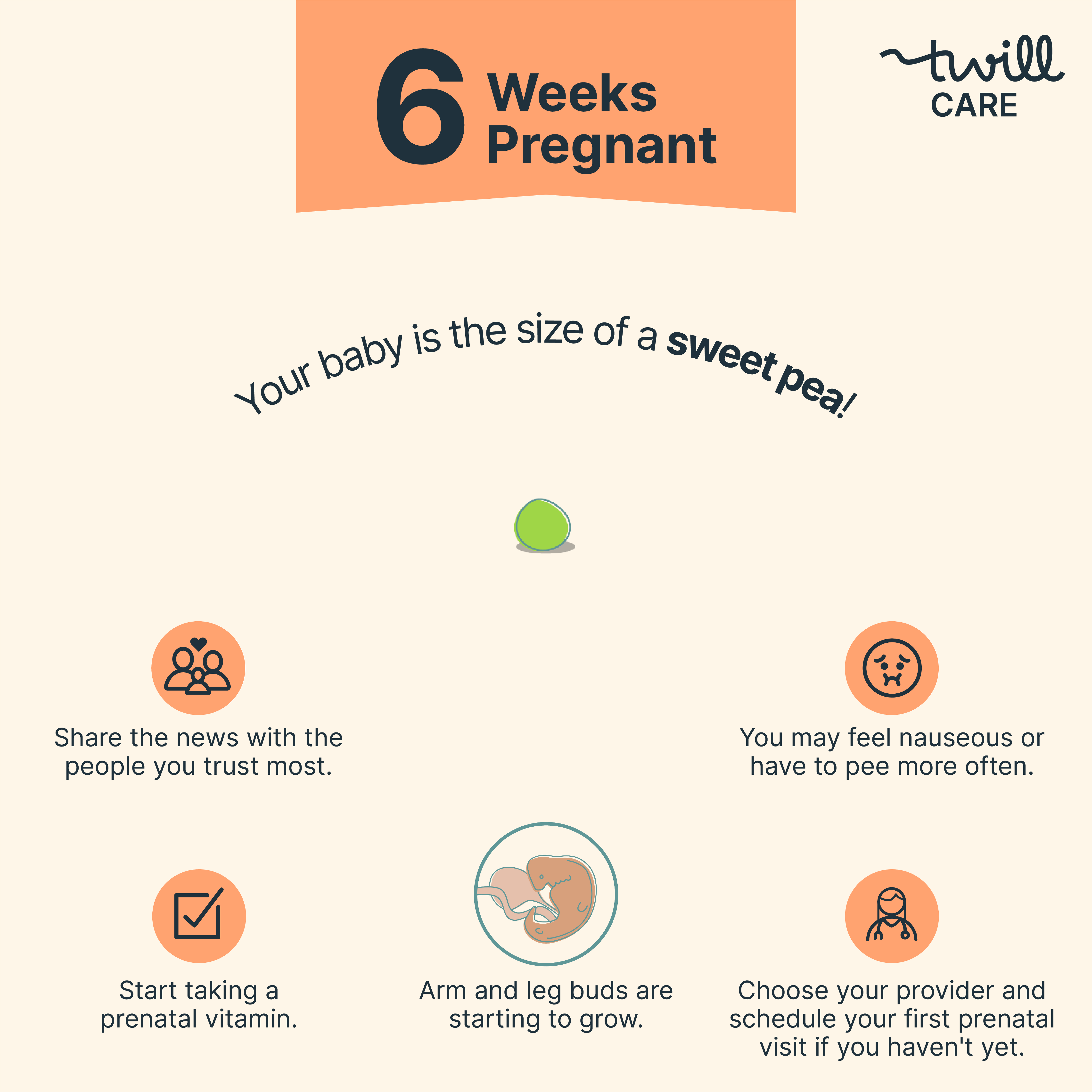
6 Pregnancy Symptoms in the First 6 Weeks
Pregnancy is a beautiful and transformative journey that brings immense joy and excitement. However, it can also be accompanied by a range of physical and emotional changes, especially during the early weeks. Understanding these symptoms can help you navigate this period with greater ease and confidence. Here’s a comprehensive guide to the six most common pregnancy symptoms in the first six weeks:
1. Missed Period
One of the most obvious and earliest signs of pregnancy is a missed period. If you’re typically regular with your menstrual cycle and have missed your period by a week or more, it’s a good idea to take a pregnancy test.
2. Nausea and Vomiting (Morning Sickness)
Nausea and vomiting, commonly known as morning sickness, are classic pregnancy symptoms that typically begin around the fourth week. While they’re often referred to as "morning sickness," they can occur at any time of the day. The severity of morning sickness varies from person to person, and it usually subsides by the end of the first trimester.
3. Breast Tenderness and Changes
As early as the first week of pregnancy, hormonal changes can cause your breasts to become tender, swollen, and sensitive to touch. You may also notice a darkening of the areolas and the appearance of Montgomery tubercles, small bumps around the nipples.
4. Fatigue
Extreme fatigue is a common symptom during the early weeks of pregnancy. The increased production of the hormone progesterone can make you feel tired and sluggish. Rest and relaxation are crucial during this time, so don’t hesitate to take naps or go to bed early.
5. Frequent Urination
As your uterus grows and puts pressure on your bladder, you may experience increased urinary frequency. This symptom usually becomes more noticeable around the sixth week of pregnancy and can continue throughout the pregnancy.
6. Mood Swings
Hormonal fluctuations during pregnancy can lead to mood swings and emotional sensitivity. You may feel happy and excited one moment and tearful or irritable the next. These mood swings are normal and usually subside by the second trimester.
Other Possible Symptoms
In addition to the six common symptoms mentioned above, some women may also experience the following during the first six weeks of pregnancy:
- Bloating and gas
- Constipation
- Headaches
- Food cravings or aversions
- Metallic taste in the mouth
- Increased saliva production
- Acne
When to See a Doctor
While most pregnancy symptoms are normal and expected, it’s important to seek medical attention if you experience any of the following:
- Severe pain or cramping
- Heavy vaginal bleeding
- Fever or chills
- Persistent nausea and vomiting that prevents you from eating or drinking
- Dizziness or fainting
- Vision changes
Conclusion
The first six weeks of pregnancy can be a time of both excitement and uncertainty. By understanding the common symptoms and knowing when to seek medical attention, you can navigate this period with greater confidence and ease. Remember that every pregnancy is unique, and the intensity and duration of symptoms can vary from person to person. If you have any concerns or questions, don’t hesitate to reach out to your healthcare provider.